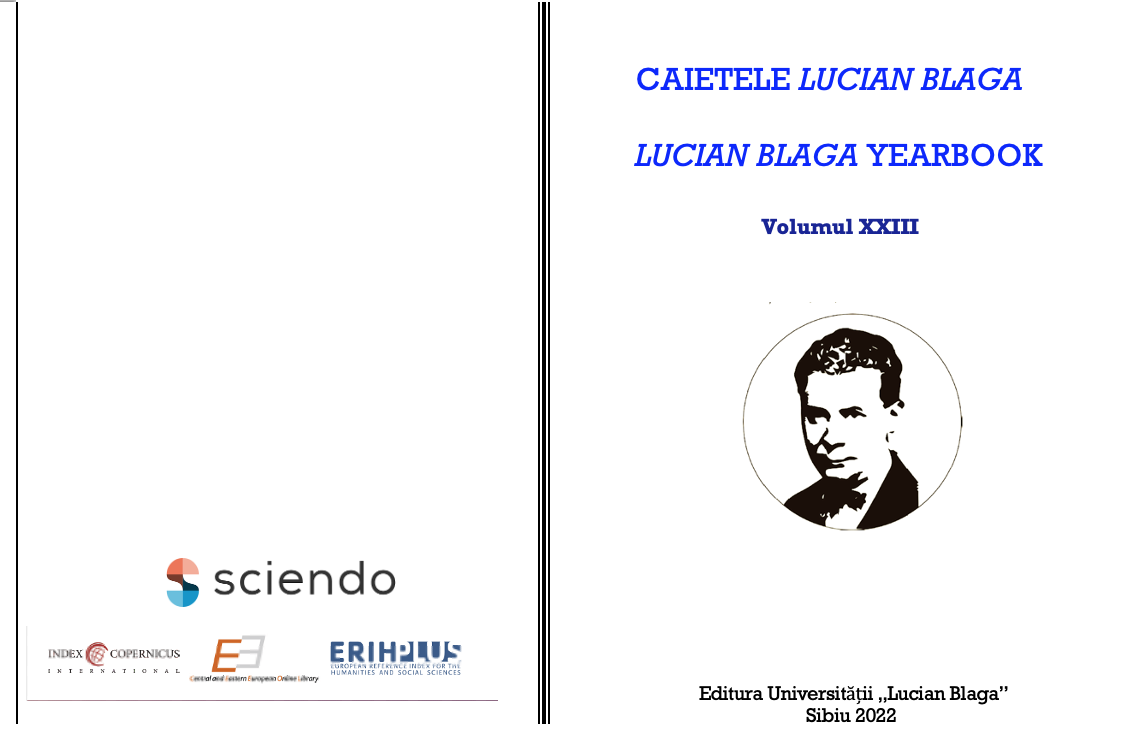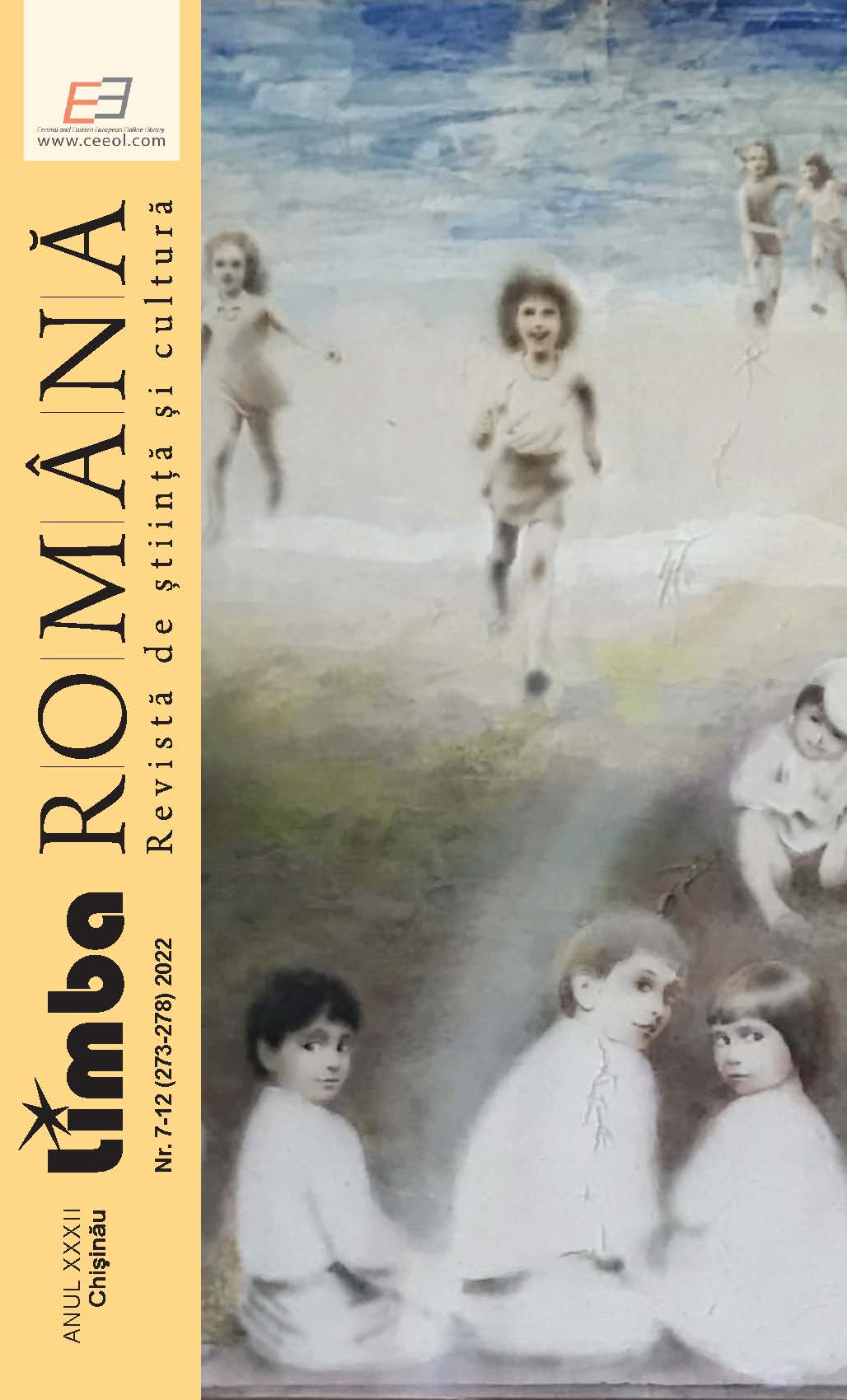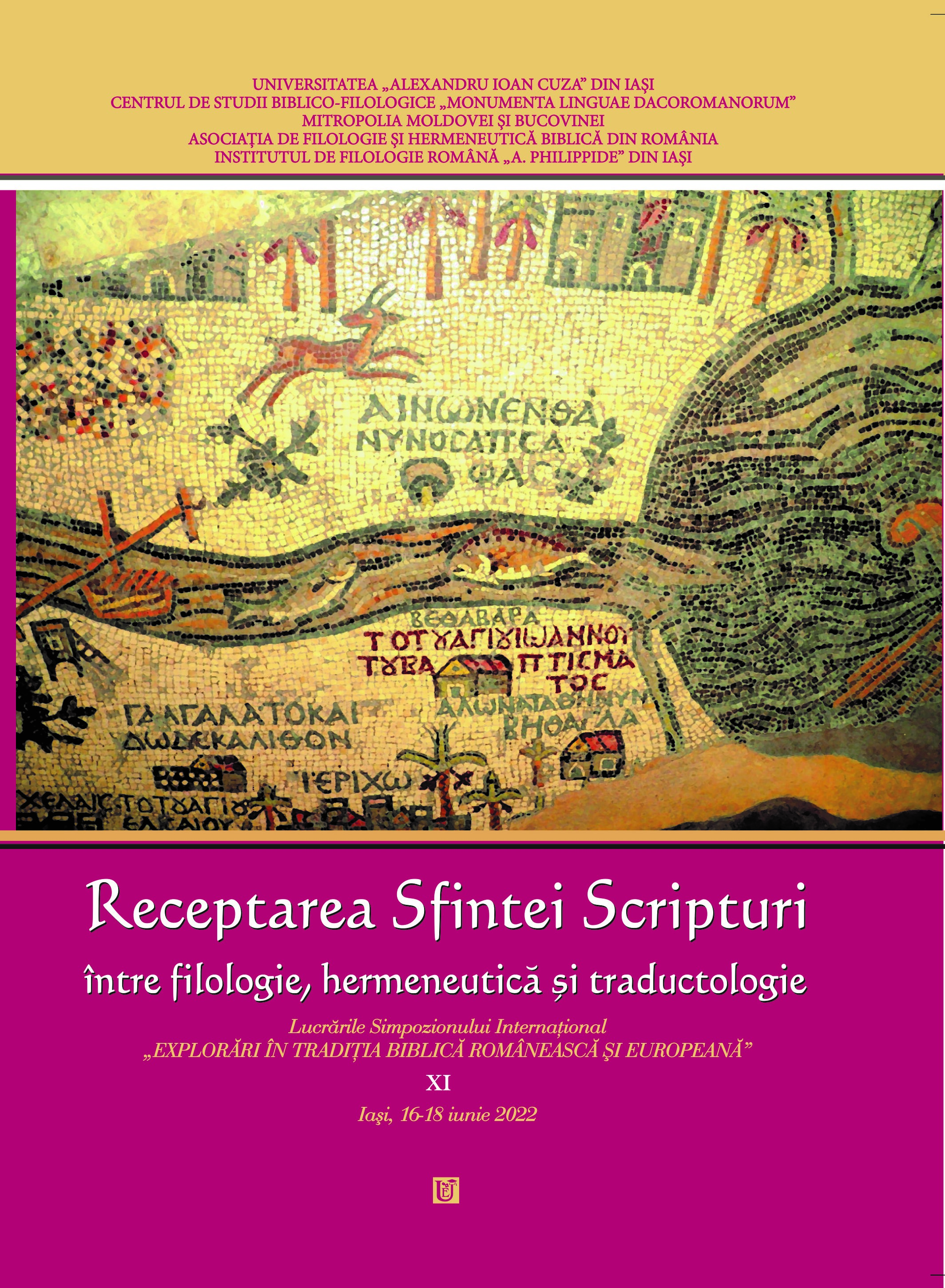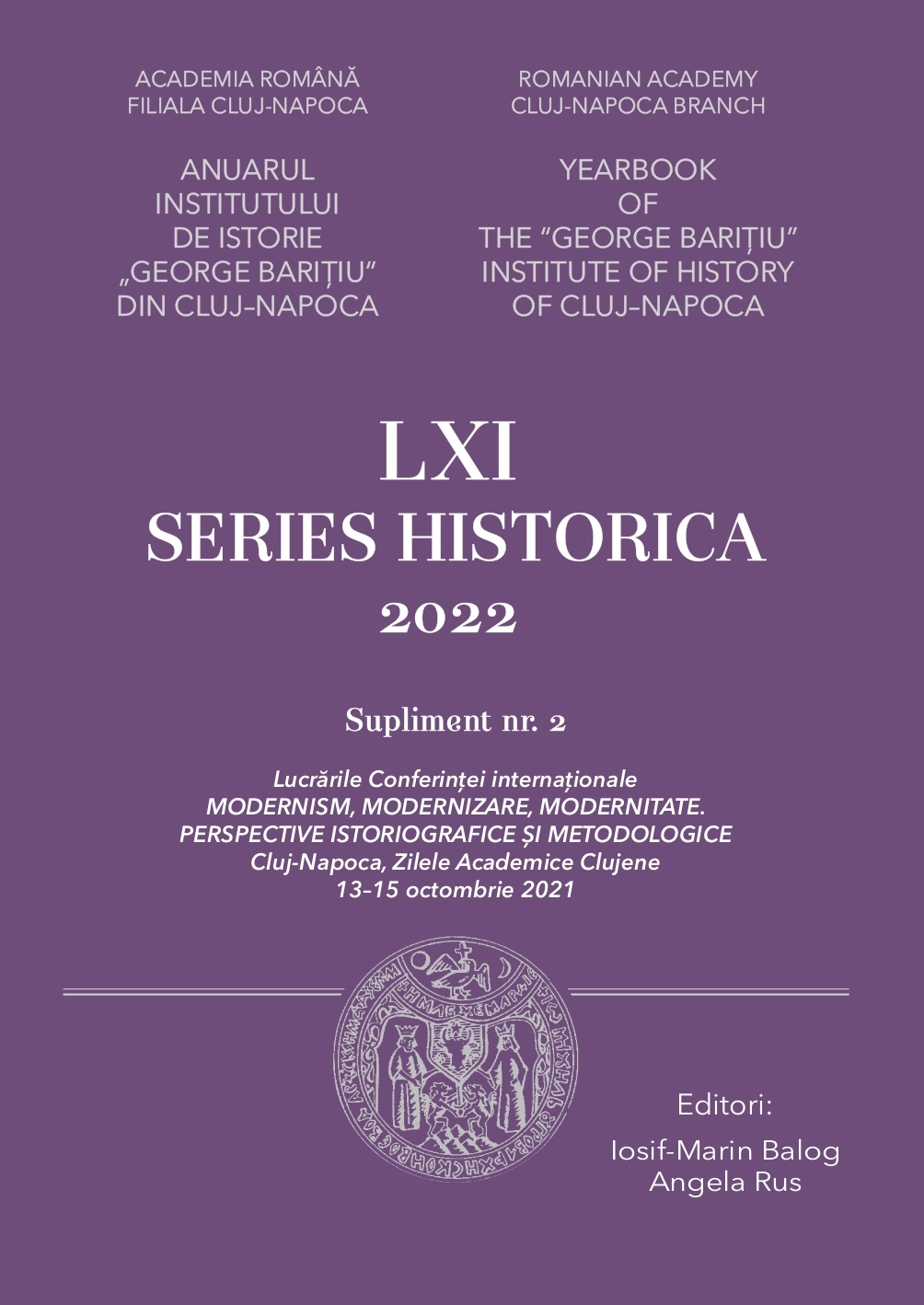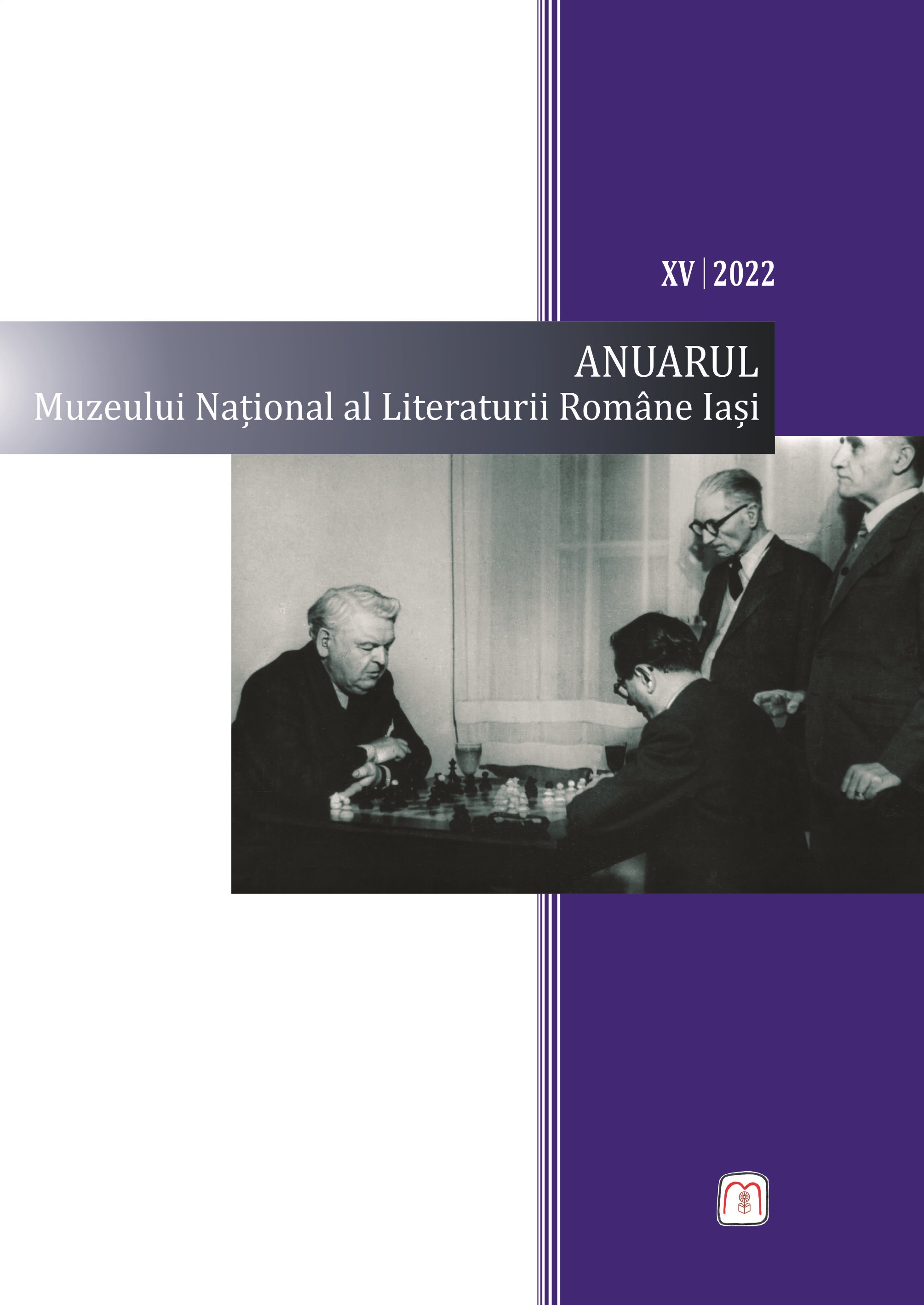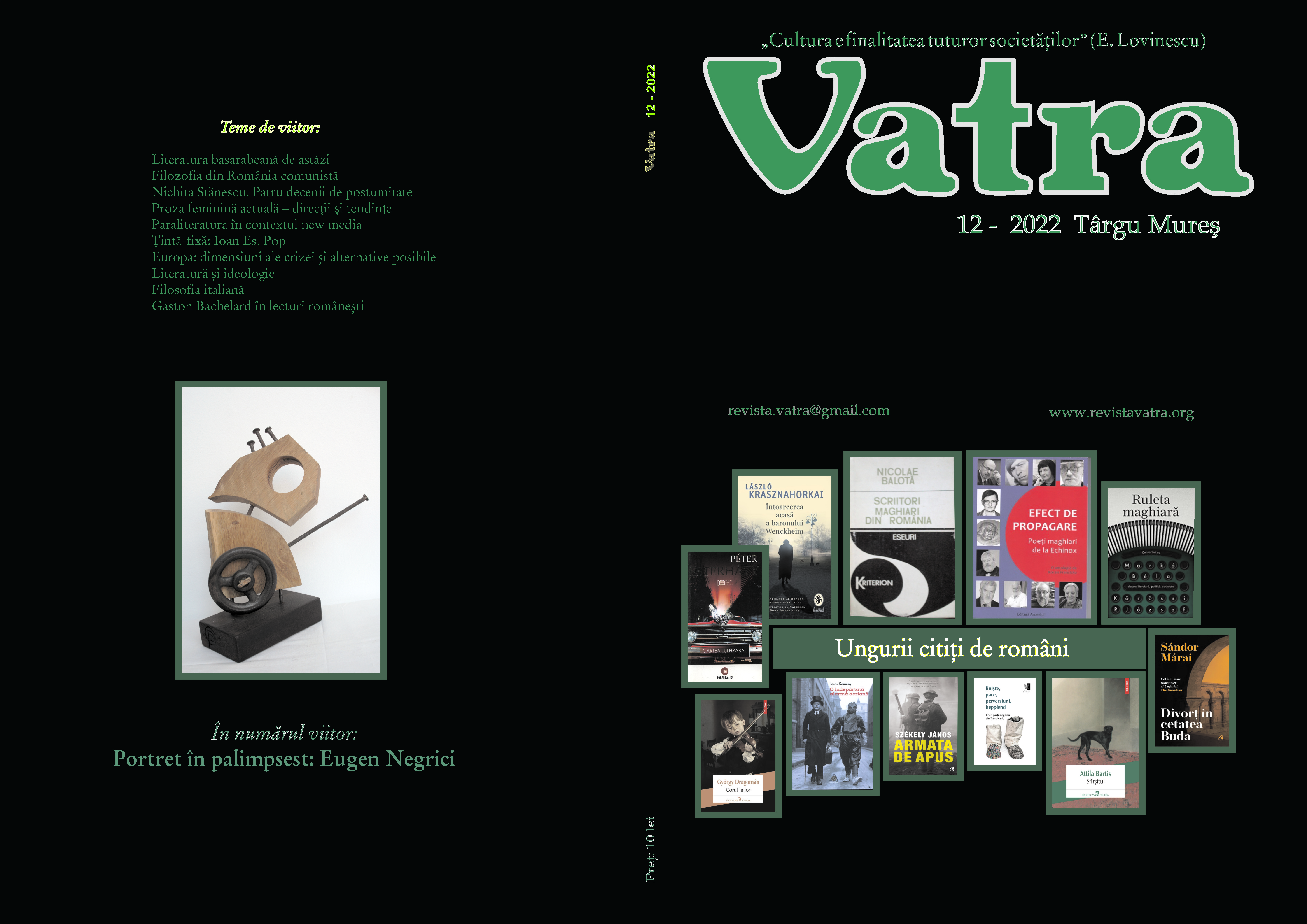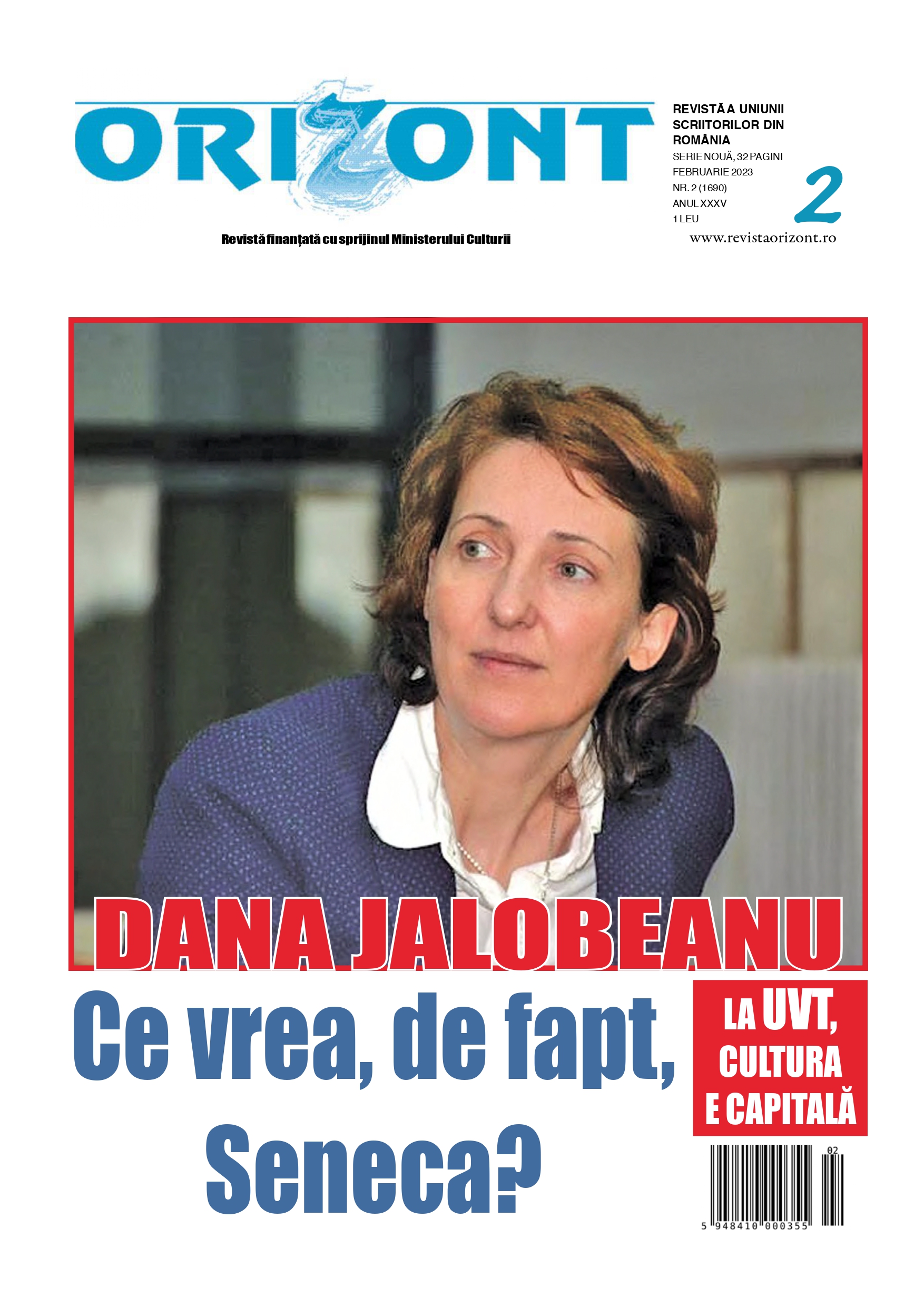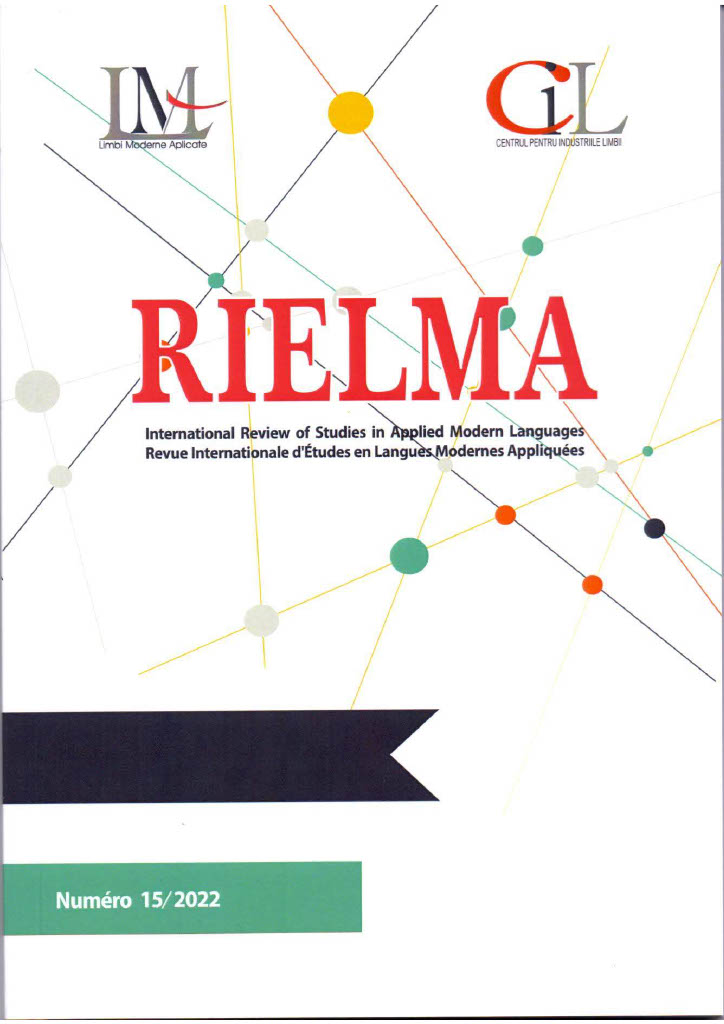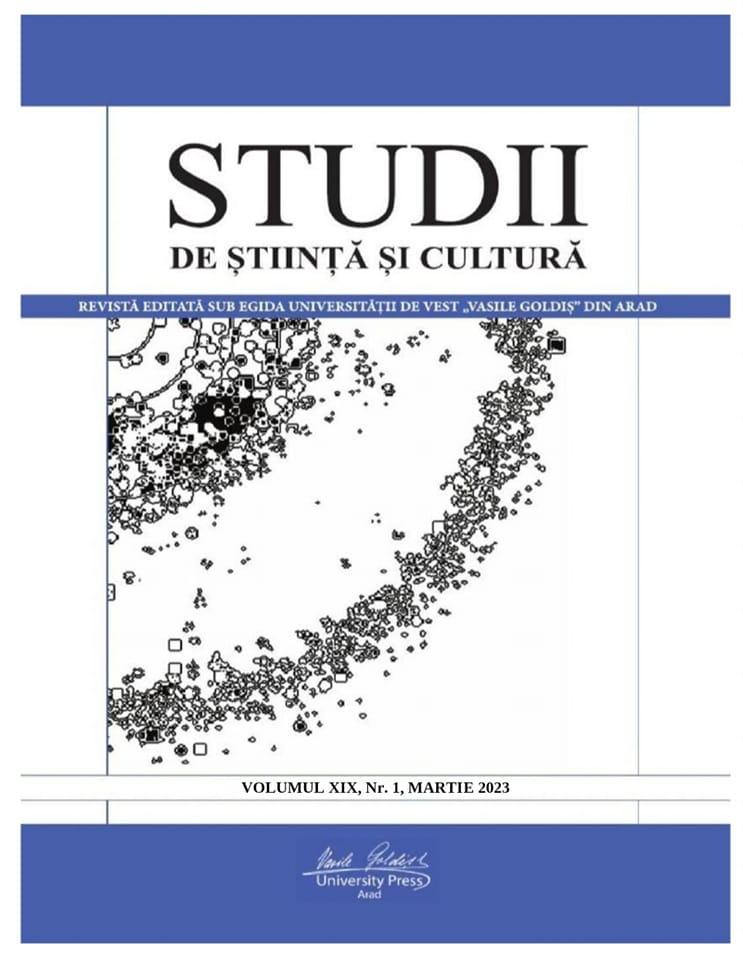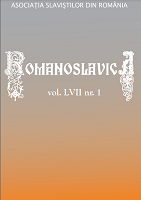Author(s): Cristian Sandache / Language(s): Romanian
Issue: 2/2022
This paper aims to analyze the use of the theme of industrialization in the communist propaganda discourse in Romania in 1945-1965. According to the communist ideological paradigm, modernization was intrinsically linked to industrialization, understood as a denial of the local economic model of development, in which agriculture played an important role. In the sense of communism, the concept of modernization has known alienating forms, and the image of the “new man” has multiplied through the numerous examples offered by proletarian literature. We will highlight, therefore, the various typologies of this character (illustrative for the positioning of the proletariat, as the axis of the communist formula), in connection with the structural-social changes of quantitative type, generated by the manifestations of the industrialization process as such, corresponding to the first stage of Romanian communization. Oscillating between utopia and concrete achievements, between the clichés of party politics and the need to overcome objective social handicaps, industrialization in communist Romania eventually came to represent a true symbol of the triumph of the new proletarian ideology. The model was found in the Soviet one, the original source of the articulation of all the discourses of the Far-East-Central-Eastern European Left. On the other hand, to reduce everything to ideology and clichés, seems to us an error, as long as capitalist Romania was an example of blatant social inequalities, against the background of an economy that had serious delays, compared to the situation of other European states. . Modernization was absolutely necessary, and industrialization was a necessary argument for a broad process in this regard. Communist ideology will apply it (but) according to its specific paradigm, and literature will become the main mirror of the reflection of this obsession. A literature of a low aesthetic level, lacking authenticity and which (with very few exceptions) is of interest today only to literary historians or researchers of the totalitarian phenomenon. A literature that represented only the equivalent of communist dogmas and that insisted on the concept of "New Man", which they considered a symbol of the world that the communists were to build. However, this symbol was in reality the equivalent of the deepest antihumanism.
More...

